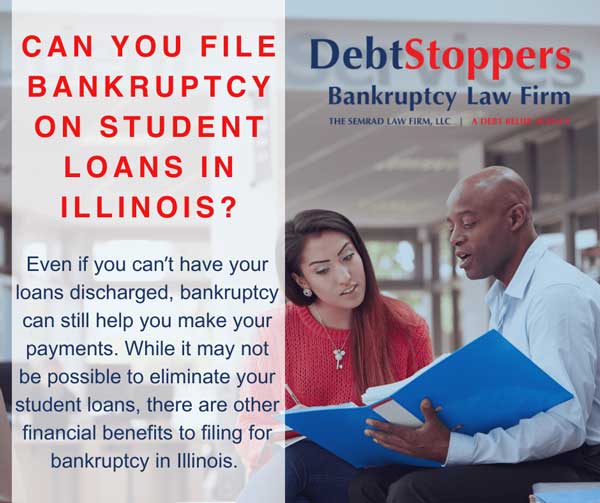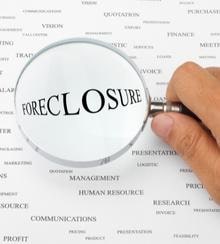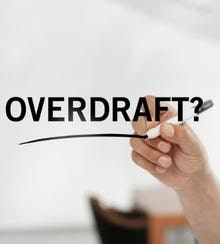Can You File Bankruptcy on Student Loans in Illinois?

In Illinois, and all over the country, the student loan crisis is a serious issue, crushing many individuals with debts that they’re currently unable to pay back. Then there are the people who have paid back more than what they originally borrowed but are still making payments because the interest has made it essentially impossible to pay off.
Given this situation, it’s unsurprising that many people wonder if they can have their loans discharged through bankruptcy in Illinois. The more you know about the process, the more help you can get.
What is Student Loan Bankruptcy?

In very rare circumstances, student loan debts can be discharged by filing for bankruptcy. However, for most people in Illinois and throughout the country, this simply won’t be possible.
The percentage of people who have their loans discharged is incredibly small. For this to happen, you must prove undue hardship, which is a challenging bar.
Whether the loans are considered an undue hardship varies in each situation. The laws do not establish a clear, objective way to determine undue hardship within the court and legal system.
Still, Illinois courts will look at certain factors to determine if a person is facing an undue hardship as a result of their debts. Common considerations when making this determination include the following:
-
If the repayment of the loan would prevent you from maintaining a minimal standard of living.
-
If the hardship suffered by paying back the loans will continue for a significant period of time.
- If you have made good faith efforts to repay the loan before filing for bankruptcy.
As individualized as the analysis will be, it’s clear that if you file for bankruptcy without having made a single payment and haven’t tried to work with your provider, you probably won’t be successful.
How To Prove Undue Hardship for Student Loans
In Illinois, proving “undue hardship” is the only way for your student loans to be discharged through bankruptcy, and it is a difficult standard to meet.
Currently, most Americans with student debt will have a difficult time paying them back. That fact alone doesn’t mean that there is an undue hardship for everyone who has loan payments. You must be experiencing more difficulty than the typical borrower.
When attempting to have your loans discharged in Illinois, it’s important to follow certain procedures. For instance, the burden of proof is on the person filing for bankruptcy. This means you’ll need to provide as much evidence as possible that you are unable to repay your loans without suffering undue hardship.
Having meticulous records is helpful because it can show that you have made payments or tried to make payments. If you had any written correspondence with your loan provider regarding payments, make sure you have copies to show the court.
Additionally, a spreadsheet showing all your current expenses and your income can help explain why you can’t maintain a minimal standard of living while repaying your loans.
What Happens to Student Loans in Chapter 7 and Chapter 13 in Illinois?

Even if you can’t have your loans discharged, bankruptcy can still help you make your payments. While it may not be possible to eliminate your student loans, there are other financial benefits to filing for bankruptcy in Illinois.
Chapter 13 bankruptcy, also known as debt reorganization, can help you with your loan payments by consolidating all your debt into one affordable monthly payment. This payment plan is usually in place for 3 to 5 years, and at the conclusion of the designated time period, much of the debt involved will be discharged.
Filing for Chapter 7 bankruptcy can also be incredibly helpful if you’re having difficulty repaying your student loans. It allows you to wipe out most of your other debts so you can focus on student loan payments.
When you file for Chapter 7 in Illinois, a trustee will liquidate your “non-exempt” assets and use the proceeds to pay off your creditors. A large portion of your property will be considered exempt, so you likely won’t lose much.
This process can conclude in as little as a few months, making it a much quicker process than filing for Chapter 13. This means that many of your other debts will be discharged, giving you the ability to make your student loan payments.
Final Thoughts
If you have questions about bankruptcy and student loan debt, DebtStoppers is here for you. Being overwhelmed by loan payments is a difficult situation to be in, but you have options. We can help you take the appropriate steps to give you the best chance of success.
Schedule a free consultation today to meet with one of our experienced Illinois lawyers and get the help you deserve.





